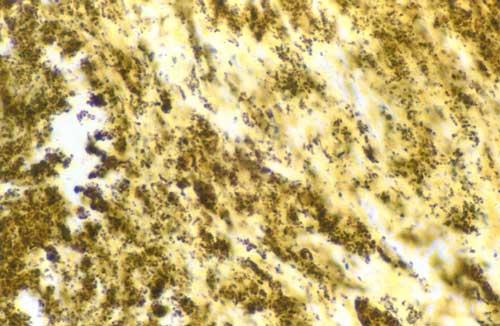Alex A Demin, MD, Prof(*) and Vera P Drobysheva, MD. Internal Medicine, Medical Academy, Novosibirsk, Russia.
PURPOSE: To determine the prognostic significance of immune disturbances in the clinical course and outcomes of 78 patients (pts) with infective endocarditis (IE).
METHODS: The basic indices of cellular (T lymphocytes, subpopulations of T cells, indexes of immune regulation, function of thymus, effectoral function by phytohemagglutinin) and humoral (B lymphocytes, immunoglobulins G, M, A, circulating immune complexes - CIC, complement) immunity were investigated.
RESULTS: The analysis of IE outcomes made it possible to distinguish 3 clinical groups: I (17 pts with fatal outcome in spite of antimicrobics and immunotherapy but without surgery), II (7 pts recovered in result of antimicrobics, immunotherapy and surgical treatment) and III (54 pts in remission only due to antimicrobics and immunotherapy). Revealed disturbances in cell-mediated and humoral immune responses corresponded to medium and frequency characteristics, of all pts in I, II and 33% pts in III clinical group. The presence of immunodefficiency in these pts was an indication for immunocorrection therapy with tactivin and immunoglobulin.
CONCLUSION: Parameters of immune disturbances (immunodefficiency, persistence of CIC) revealed in IE had a good correlation with the unfavourable clinical manifestations (uncontrollable sepsis, developing of glomerulonephritis).
CLINICAL IMPLICATIONS: Parameters of immune disturbances (immunodefficiency, persistence of CIC) revealed in IE may be used for prognostic and management suggestion.
COPYRIGHT 2000 American College of Chest Physicians
COPYRIGHT 2001 Gale Group



